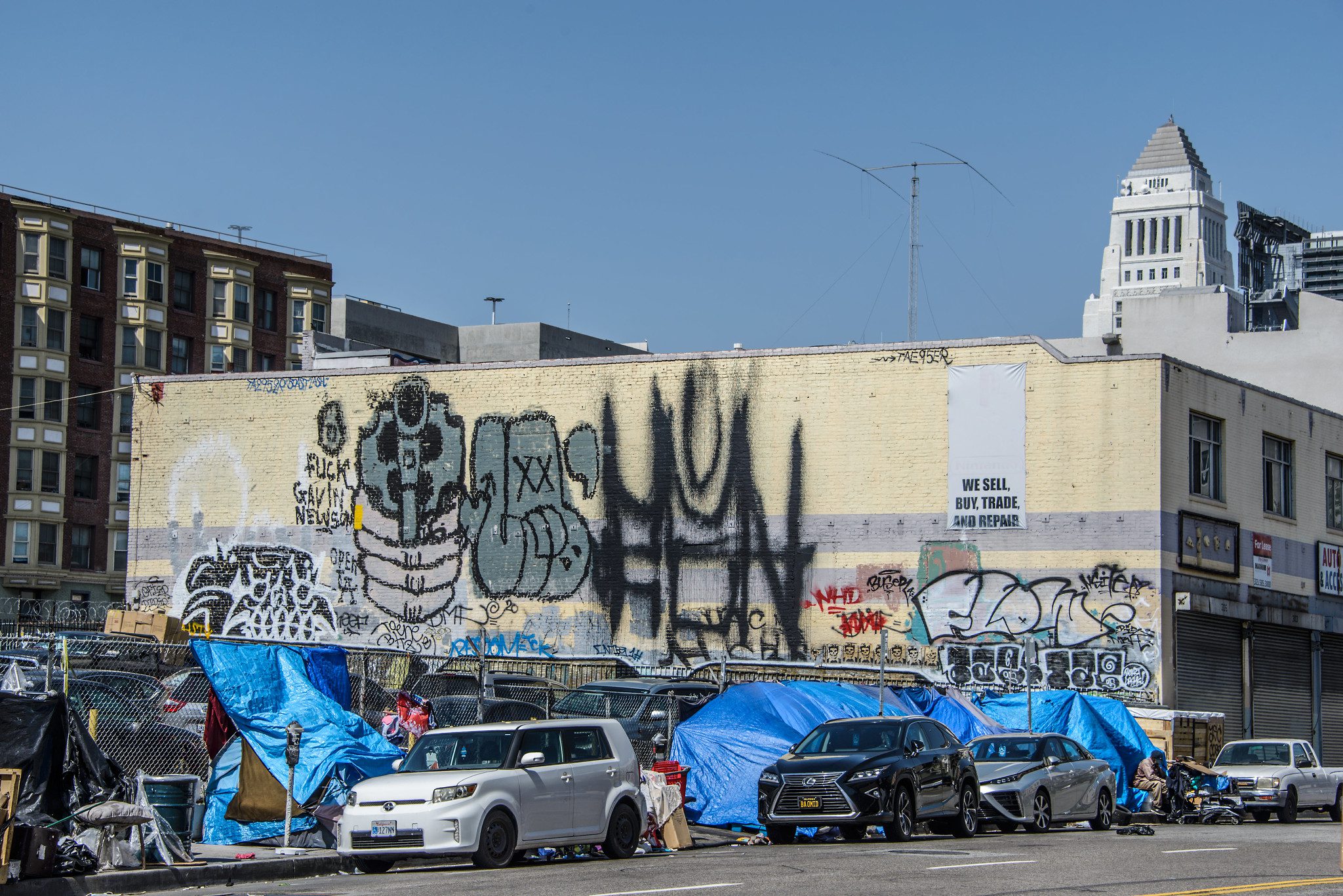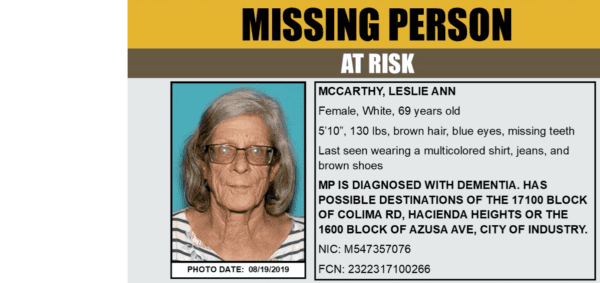A University of California, San Francisco study released Tuesday—the largest and most comprehensive investigation of the causes and consequences of homelessness in California since the mid-1990s—found that, for most of the study participants, the cost of housing had simply become unsustainable, especially for Black and brown seniors.
Dr. Margot Kushel, director of the University of California, San Francisco Benioff Homelessness and Housing Initiative and the lead researcher of the study, said that many Californians were working and living in poverty until they lost their homes. “Something goes wrong, and then everything else falls apart,” she said.
Researches looked at eight California counties, including Los Angeles, to study both rural and urban homelessness, surveyed nearly 3,200 people and conducted 365 in-depth interviews. They found that the state’s homeless population is aging, with 47% of all adults aged 50 or older, and that Black and Native Americans are dramatically overrepresented. Contrary to myths of homeless migration, most were Californians: 90% of participants lost their last housing in California and 75% of participants live in the same county as where they were last housed. Nine out of 10 spent time unsheltered since they became homeless. The median length of homelessness was 22 months.
Furthermore, one in five of those surveyed entered homelessness from an institution. Of those who hadn’t been in an institution, the majority (60%) had attempted to forestall homelessness by doubling up with family or friends. Participants were disconnected from the job market and services, but almost half were looking for work.
When asked about help sought to avoid homelessness, “People were like, ‘What? What help?’” Kushel said.
Participants had also experienced multiple forms of trauma throughout their life, increasing their vulnerability to homelessness and contributing to their mental health and substance use challenges. Two-thirds reported current mental health symptoms and more than a third experienced physical or sexual violence during this episode of homelessness. More than a third had visited an Emergency Department in the prior six months. One in five who used substances reported that they wanted substance use treatment—but couldn’t get it.
Substance use is also more complicated than some might think. “The participants described how heavy substance use contributed to losing their homes, but also how methamphetamine usage allowed them to stay alert to protect themselves from assault or theft,” wrote LA Times columnist Anita Chabria.
The study authors made several recommendations for easing homelessness, including increasing access to affordable housing and to access to low barrier mental health, substance use, and harm reduction
services during episodes of homelessness.







